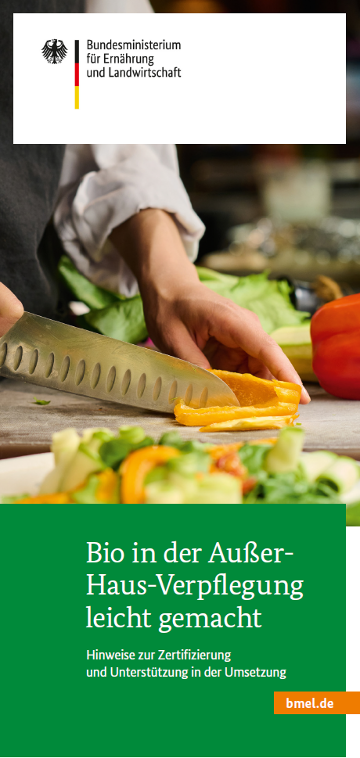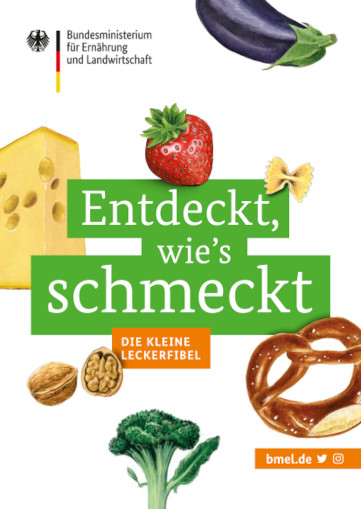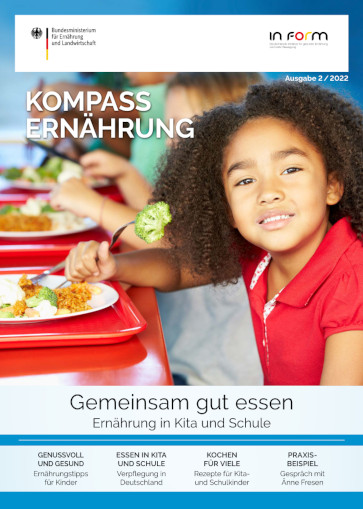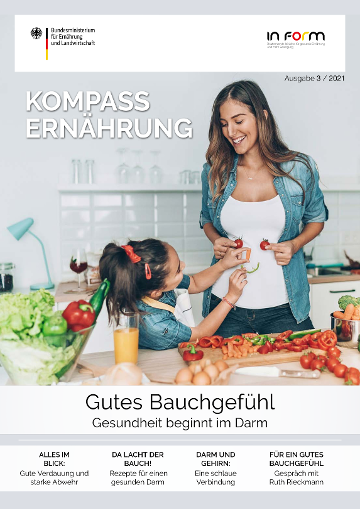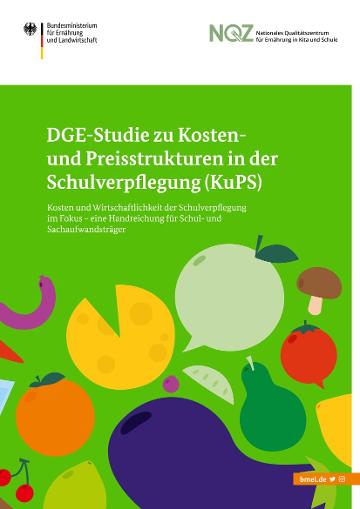Childcare facilities and schools
Healthy food, nutritional education and well-balanced lunchtime meals in childcare facilities and schools
The foundation for a healthy lifestyle is laid in childhood. When it comes to food, children are influenced by their upbringing and learn by example. Awareness about selection and quality of foods and about eating habits is established at home, and often also in childcare facilities and schools.
Accompanying nutritional education is one of the focus areas of the BMEL. It creates the basis for becoming knowledgeable in everyday life as early as possible, also with regard to food and nutrition.
Improving school and childcare facility catering Many schools are all-day schools; well-balanced school meals are becoming increasingly important. Against this backdrop, the BMEL has been pushing for the following:
- in cooperation with the federal states, the BMEL has established the “Childcare facility and school catering networking centres” as one of the initial measures of the IN FORM National Action Plan. The BMEL also created the National Quality Centre for Healthy Nutrition in Childcare Facilities and Schools (NQZ - Nationales Qualitätszentrum für Ernährung in Kita und Schule).
- The quality standards set by the German Nutrition Society (DGE) provide practical recommendations for good meals in schools and childcare facilities. The study on cost and price structures in school catering (KuPS - Studie zu Kosten-und Preisstrukturen in der Schulverpflegung) shows that healthier school meals are not much more expensive.
Nutritional education:
- The IN FORM “nutrition licence”, the “SchmExperten” educational module and the educational boxes “Served up for the promotion of linguistic and nutritional knowledge” are examples of nutritional education in schools. To date, more than 630,000 children have obtained a nutrition licence. The current study on nutritional education in childcare facilities and schools gives an overview of nutrition-related educational programmes in childcare facilities and schools.
- The EU scheme for supplying schools with milk, fruit and vegetables is also intended to increase awareness about a healthy diet among pupils. The school fruit scheme is becoming a success story. When eating fruit and vegetables, children not only take in vitamins and fibre but also learn about what constitutes a well-balanced diet.



